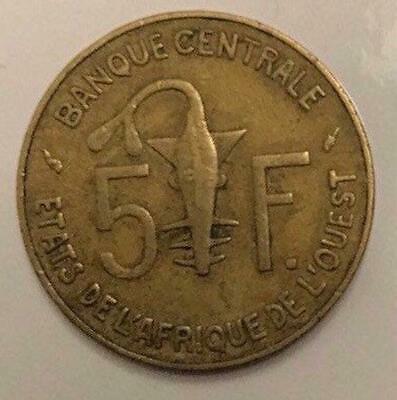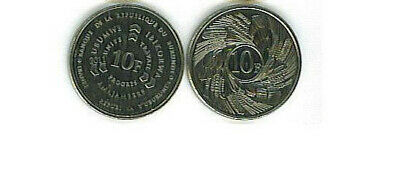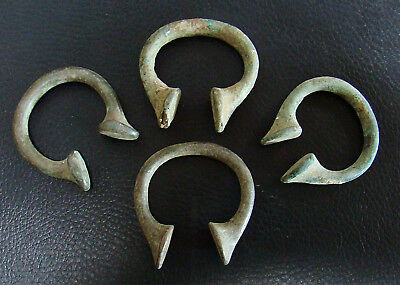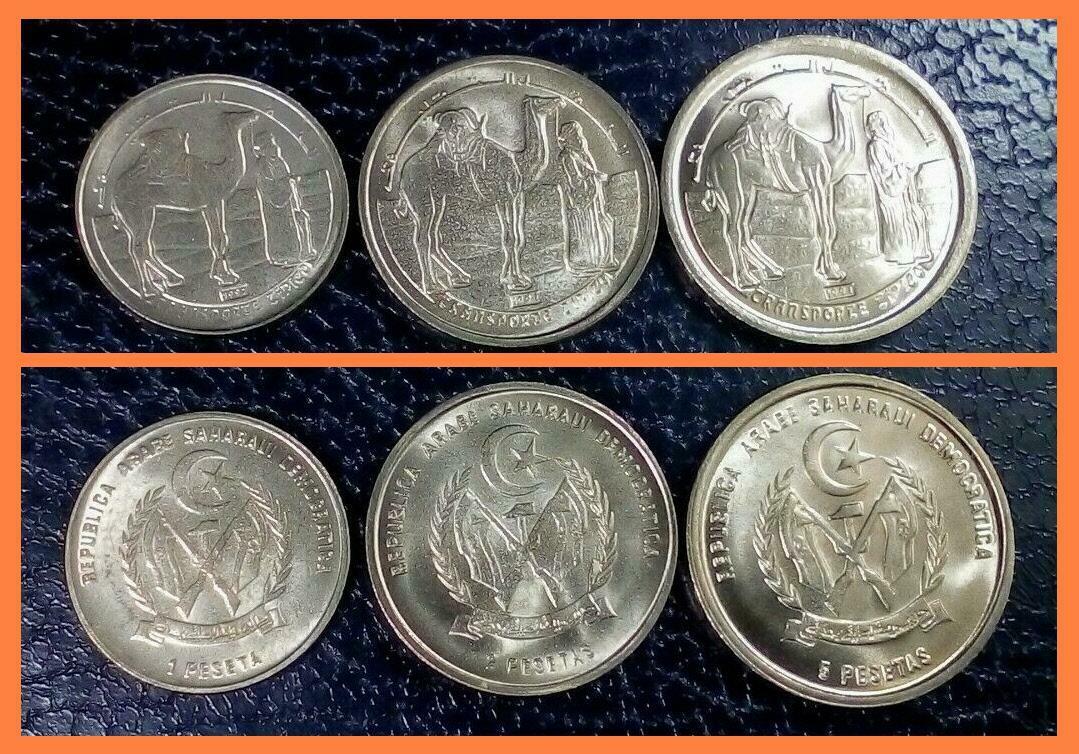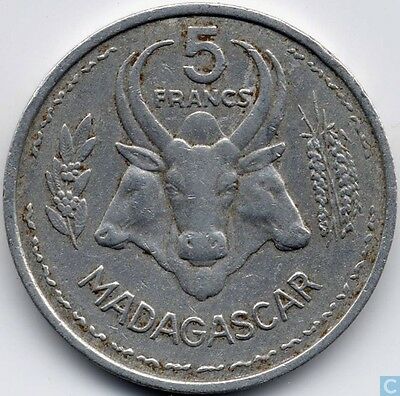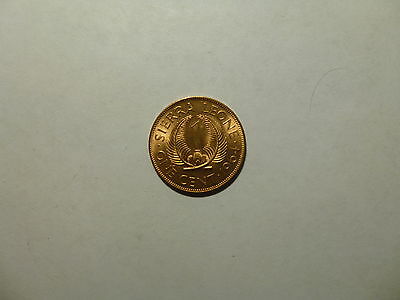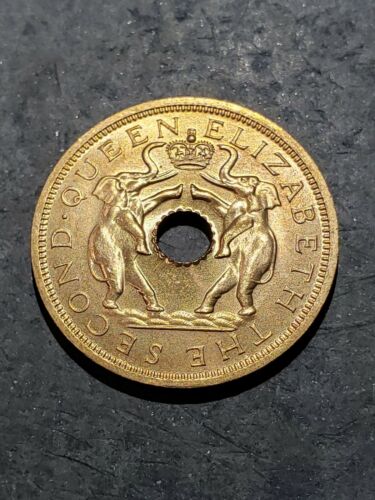-40%
1915, Algeria (French Occupation), Bone (Annaba). Brass 5 Centimes Token. XF!
$ 0.52
- Description
- Size Guide
Description
CoinWorldTV1915, Algeria (French Occupation), Bone (Annaba). Brass 5 Centimes Token. XF!
Condition:
XF!
Mint Year: 1915
Reference: KM-TnB5.
Denominations: 5 Centimes (Token Coinage) - Issued for the City of Bone (today´s Annaba in Algeria)
Diameter: 19mm
Weight: 2.44gm
Material: Brass
Annaba
(Arabic:
عنّابة
,
lit
"Place of the Jujubes"; Berber languages:
Aânavaen
), formerly known as
Bon
,
Bona
and
Bône
, is a seaport city in the northeastern corner of Algeria, close to the border with Tunisia. Annaba is near the small Seybouse River and is in the Annaba Province. With a population of about 464,740 (2019) and 1,000,000 for the metropole, Annaba is the third-largest city and the leading industrial center in Algeria. Annaba is a coastal city that underwent significant growth during the 20th century. Annaba has a metropolitan area with a higher population density than the other metropolitan areas of the Algerian coastline, such as Oran and Algiers. Much of eastern and southern Algeria uses the services, equipment and infrastructure of Annaba. Economically, it is the centre for various economic activities, such as industry, transportation, finance, and tourism.
During the rule of France (empire and republics), this city was called Bône.
It was one of the main French settlements, and it still has a sizeable minority of the "Pied-Noir". One notable pied-noir from Bône was General Alphonse Juin, a Marshal of France and then the Central European NATO Commander. Construction was undertaken at Bône during 1856–69 to build an 80-hectare (200-acre) sheltered port to handle the iron ore from the Mokta el Hadid. A short railroad line was built from the iron ore mine at Ain Mokra to the docks of Bône. This railway was opened in 1864, the first one to be built in Algeria. Full-scale production or iron ore began in 1865. Also in 1865, Emperor Napoleon III visited Algeria, including going to the mine and the city of Bône. In 1865, the mine produced 22,000 tonnes of iron ore, which increased to 255,000 tonnes in 1869. The ore was extracted from underground galleries, and then shipped from Bône to the French iron and steel works. Before the mine was opened, Bône had just 10,000 inhabitants. By 1924, there were 41,000 people, and the port was being used to export phosphates, lead ore, and zinc ore, too. During World War II in 1943, Bône was an important goal of the U.S. Army and British Army in Operation Torch, advancing eastward from Morocco, Oran, and Algiers across North Africa. Bône was a crucial highway and sea location for the invasion of Tunisia, and thence the driving of the Axis Powers (Germany and Italy) out of Africa in May 1943. Bône remained in Allied hands until the end of the war in 1945, and then it remained a part of French Algeria until the independence of Algeria in 1962.
Authenticity unconditionally guaraneed.
Bid with confidence!
French Algeria
(French:
Alger
to 1839, then
Algérie
afterwards; unofficially
Algérie française
, Arabic:
الجزائر المستعمرة
, also known as
Colonial Algeria
, began in 1830 with the invasion of Algiers and lasted until 1962, under a variety of governmental systems. From 1848 until independence, the whole Mediterranean region of Algeria was administered as an integral part of France.
One of France's longest-held overseas territories, Algeria became a destination for hundreds of thousands of European immigrants known as
colons
and, later, as
pieds-noirs
. However, the indigenous Muslim population remained a majority of the territory's population throughout its history. Gradually, dissatisfaction among the Muslim population with its lack of political and economic status fueled calls for greater political autonomy, and eventually independence from France. Tensions between the two population groups came to a head in 1954, when the first violent events began of what was later called the Algerian War, characterized by guerrilla warfare and illegal methods used by the French in order to put down the revolt. The war concluded in 1962, when Algeria gained independence following the March 1962 Evian agreements and the July 1962 self-determination referendum.
Only 1$ shipping for each additional coin purchased!



